Japan and Ecuador Earthquakes: Supply Chain Lessons from Past Disasters
Talking Logistics
APRIL 18, 2016
The recent earthquakes in Japan and Ecuador are a sad reminder of how deadly natural disasters can be. As of this morning, 41 people are confirmed dead in Kumamoto prefecture, the epicenter of Japan’s earthquakes, and 272 people have died in Ecuador , with thousands more injured and displaced from their homes.


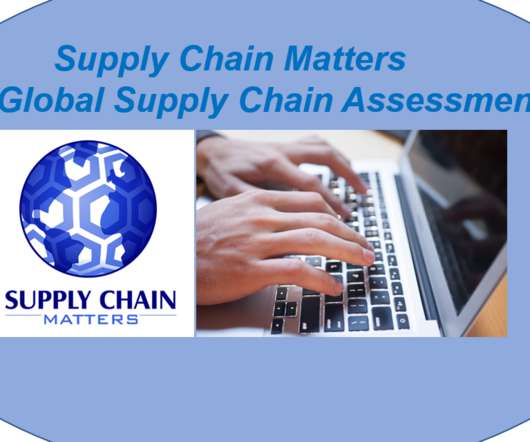
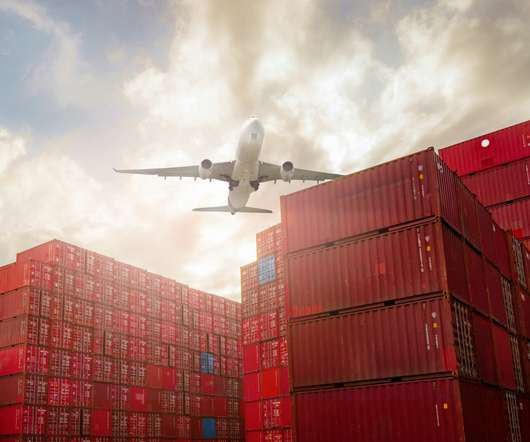







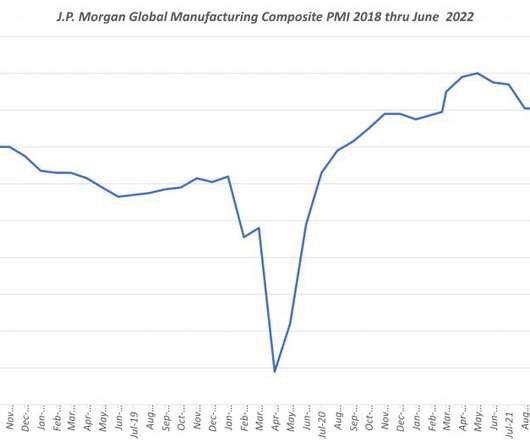
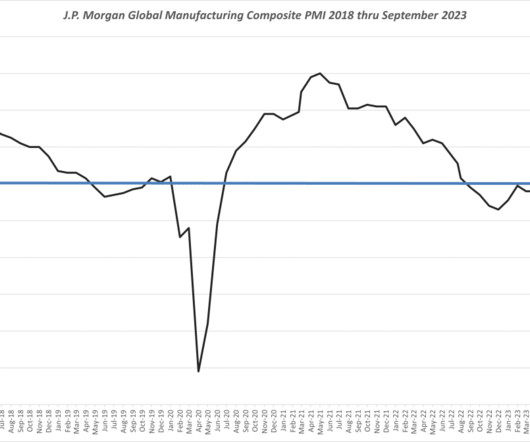
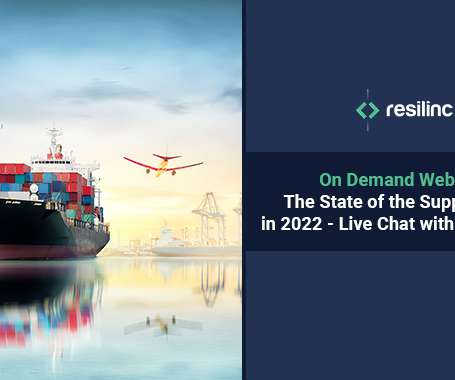
















Let's personalize your content